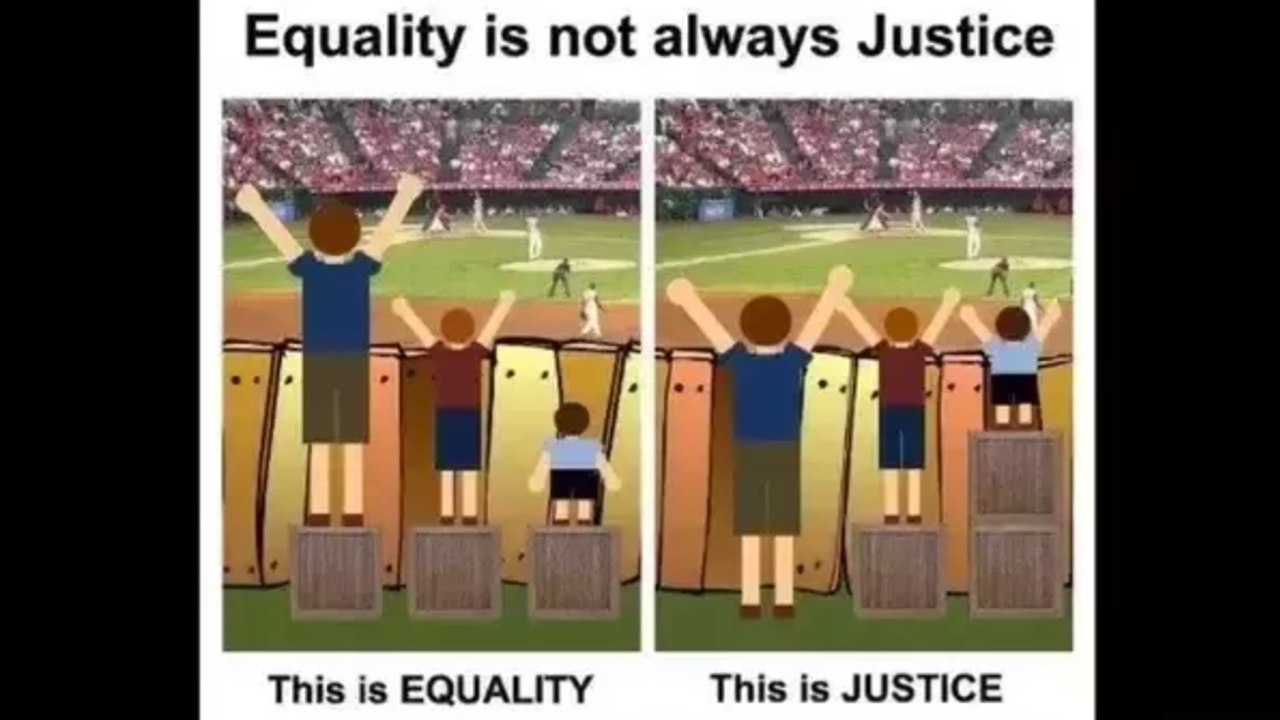
Warning: This is not going to be perfect.
As much as I’d rather not start this way, I must first ask for your understanding and forgiveness. I’m not going to do this perfectly. I will make mistakes. These are huge risks for a recovering perfectionist like me. I promise that I will do it completely from my heart though.
I was raised to believe that there is a hierarchy of people. That those who look different from me or have different beliefs and values were either better than me or worse than me. It wasn’t always said directly, though it was certainly a common undercurrent.
Stepping into adulthood, I started educating myself, facing and questioning those taught beliefs, thinking critically, and making my own choices. I decided what I believe rather than automatically accepting what I learned from my family of origin, my community, my culture.
This hasn’t always been easy. Two of my most important values are education and growth. I consider them an integral part of my self-care as they help me become a better me than I was yesterday. Sometimes what I learn is painful. Sometimes it rocks me to my core. Especially when it’s about something I thought I knew about like privilege and oppression, which I have studied personally for the past several years.
With the recent cultural climate and the rise of awareness about the racism that continues to exist, I realize that I have so much more to learn. I thought things had gotten so much better since the 60s. Maybe some things have, but now I see that a lot of it became hidden instead of being overt.
The fact that I can choose whether or not to engage or speak out about racism is my white privilege in action. People of Color (POC) do not have this luxury. They live with it every moment of every day. And lately, it has been condoned by so-called leaders. This is something I refuse to abide. The only way this will get better is if we talk openly about it and do the work of healing and repairing.
The term “privilege” can be confusing and triggering. Even some family members have gotten angry and defensive with me when I have talked about my white privilege. All it means is that I have unearned access and rights just because of the color of my skin. Yes, I experienced hardship being raised by a single mom who worked three jobs and still didn’t have much income, being a latchkey kid, working from the time I was 13, and working a full-time job paying my way through community college. Working hard doesn’t diminish or create privilege. Equality does not mean justice. One of the simplest explanations I have seen about this is the cartoon above (interesting that they're all white).
There is plenty to learn, think, and talk about—I have been devouring articles by many leaders in this realm and I feel like I’m at a preschool level on this subject. I’m stepping in and looking squarely at the -isms and phobias (racism, sexism, heterosexism, xenophobia, transphobia, ageism, ableism etc.) as I consider how I will contribute to toppling the “way things have always been done” that have been oppressive. I don’t have all the answers. I feel like I’m barely scratching the surface. I intend to continue gathering knowledge so that I can write my paragraph of our new story—one where we relinquish defensiveness, listen, learn, and have these difficult conversations in order to affect change. A new story where we rise up and speak up for those who have not been bestowed with privilege.
I know there is so much more education to come and plenty to say about this topic. This isn’t meant to be all-inclusive; it’s just a beginning.
I always like to offer something to help create shifts, so here ya go: If you want to explore this (and I hope you do!), check out some of the articles I’ve been reading by Peggy McIntosh, Dr. Breeze Harper, Erynn Brook, Brené Brown, Chrissy King, and this history lesson from Professor Lauren Brown (pretty sure no relation) via Marisa Miller Wolfson (the director and creator of the film, Vegucated), and Jane Elliot’s brilliant discrimination lesson for children in 1968. Also this powerful poem by Rachel Kann, called “What to Tell the Children After Charlottesville” and the Southern Poverty Law Center’s “Ten Ways to Fight Hate”.
Even though I’m sure these people are imperfect, and I may not agree with everything they say—they are, however, speaking brilliance about racism and I’m all eyes and ears. I’m curious. Where are you in this process?
With love,

